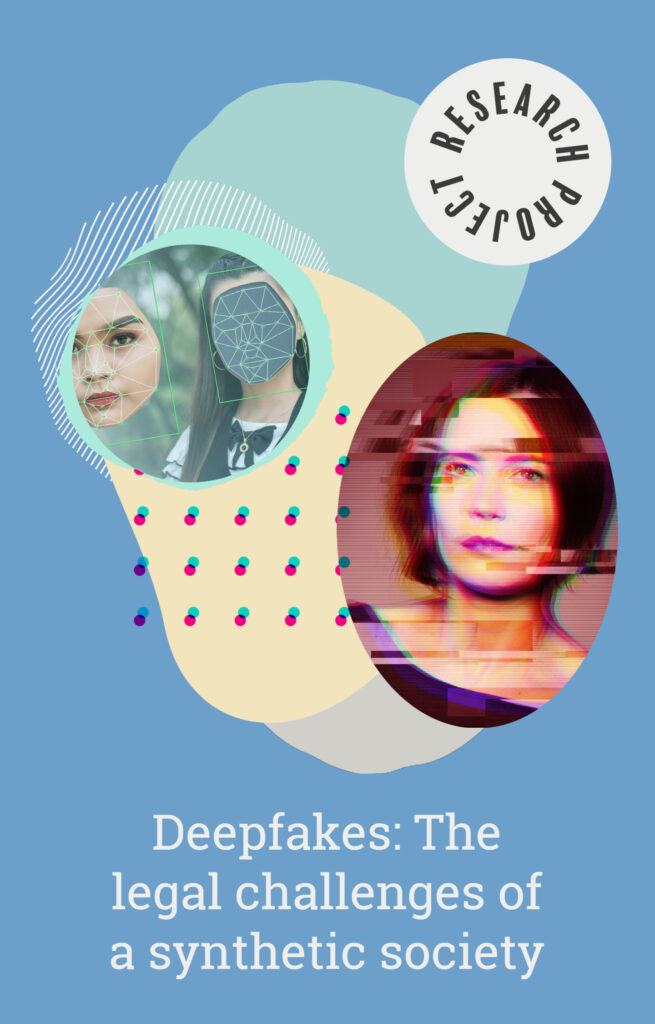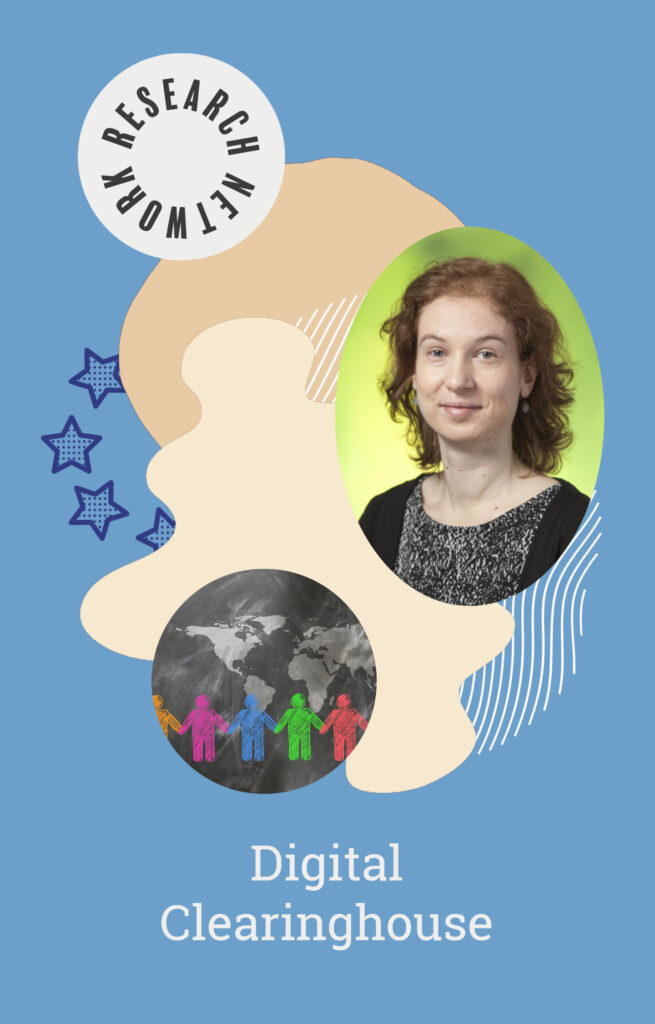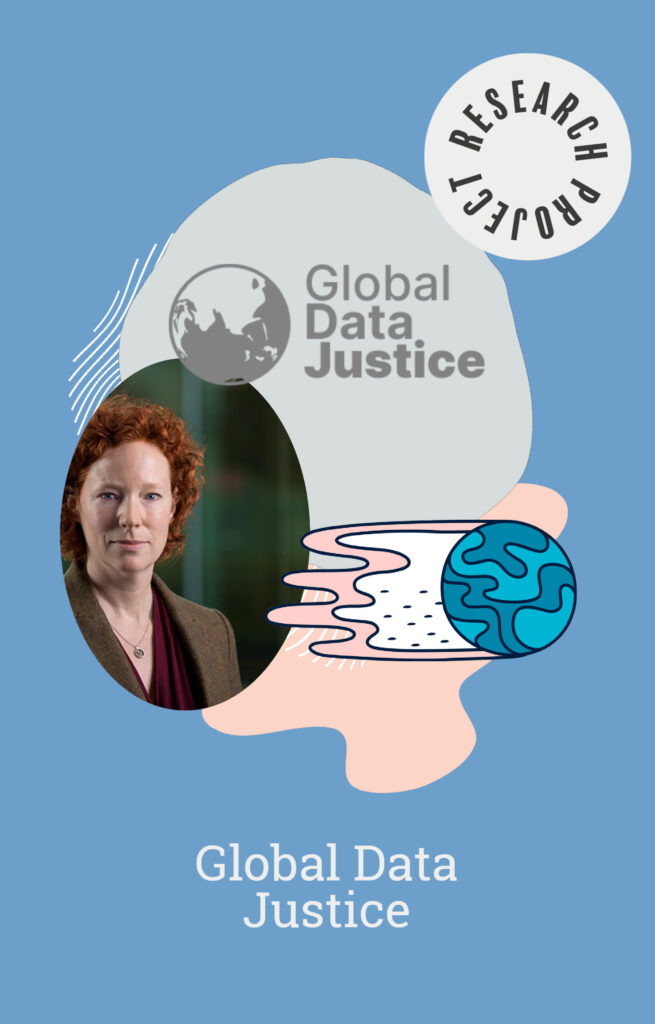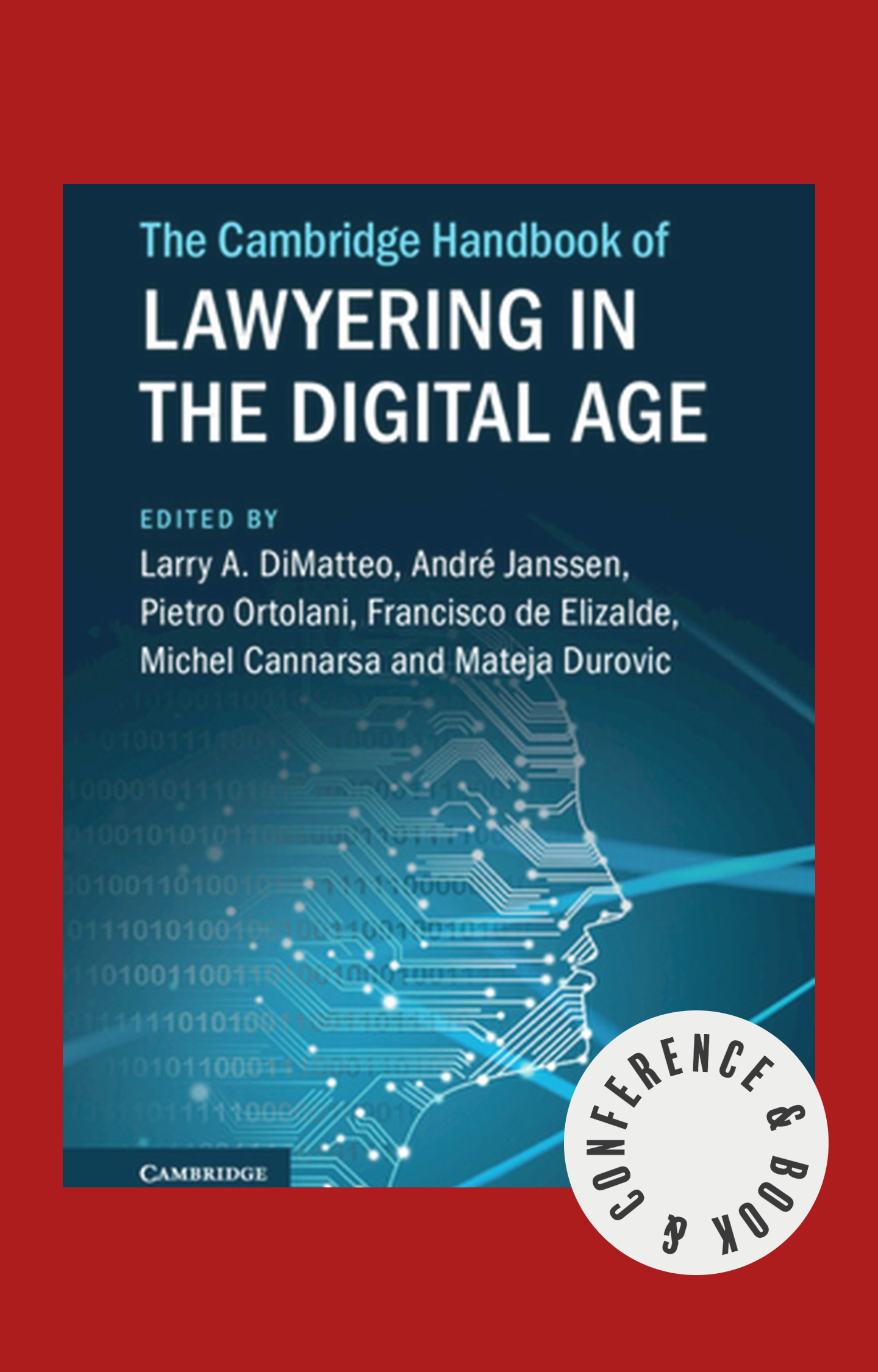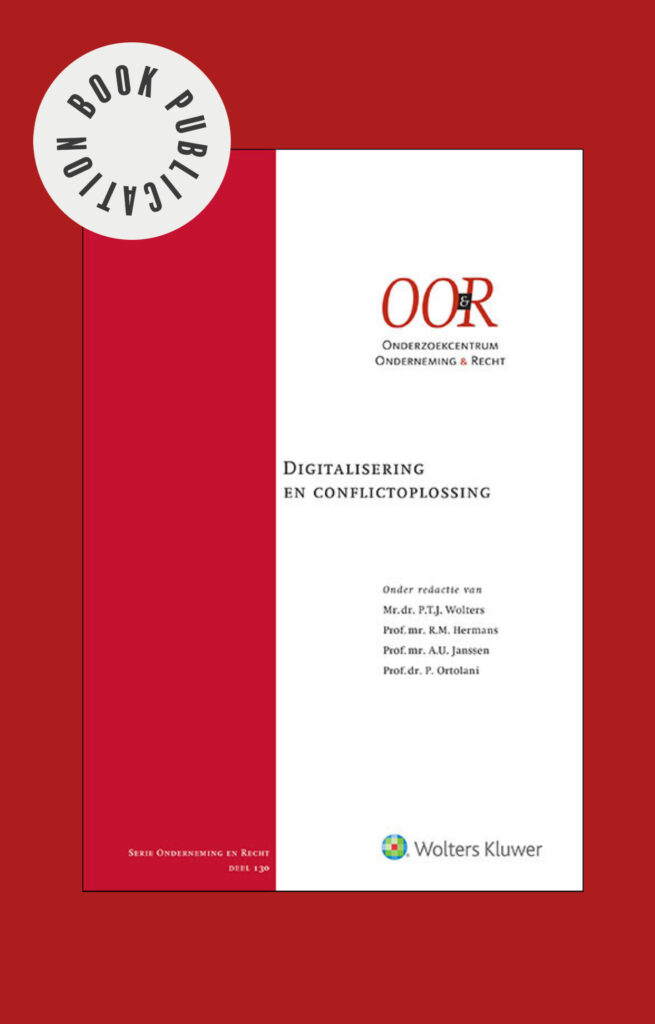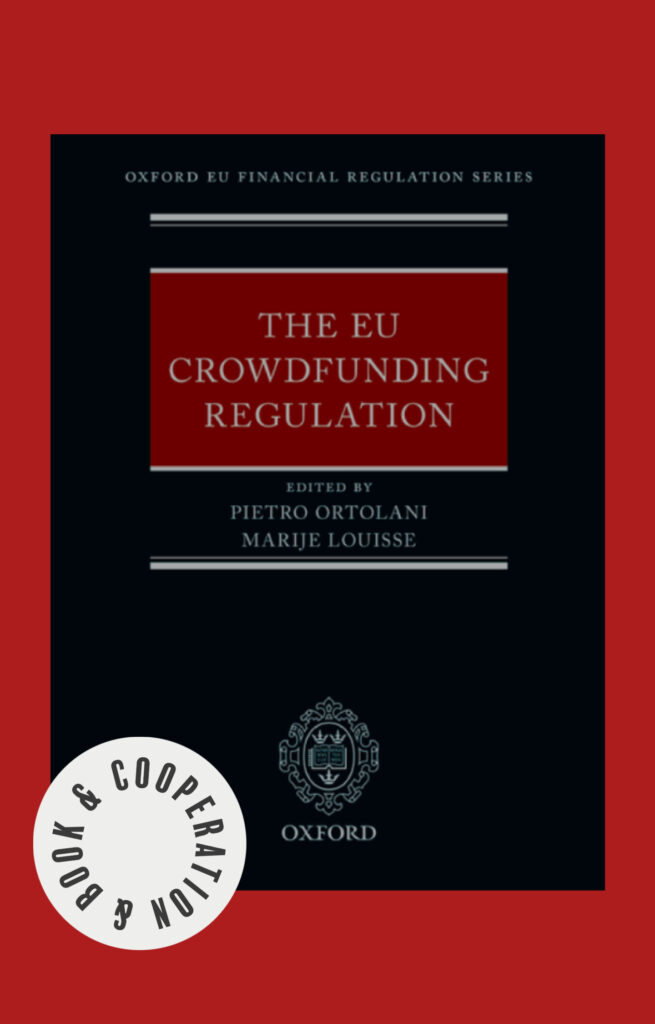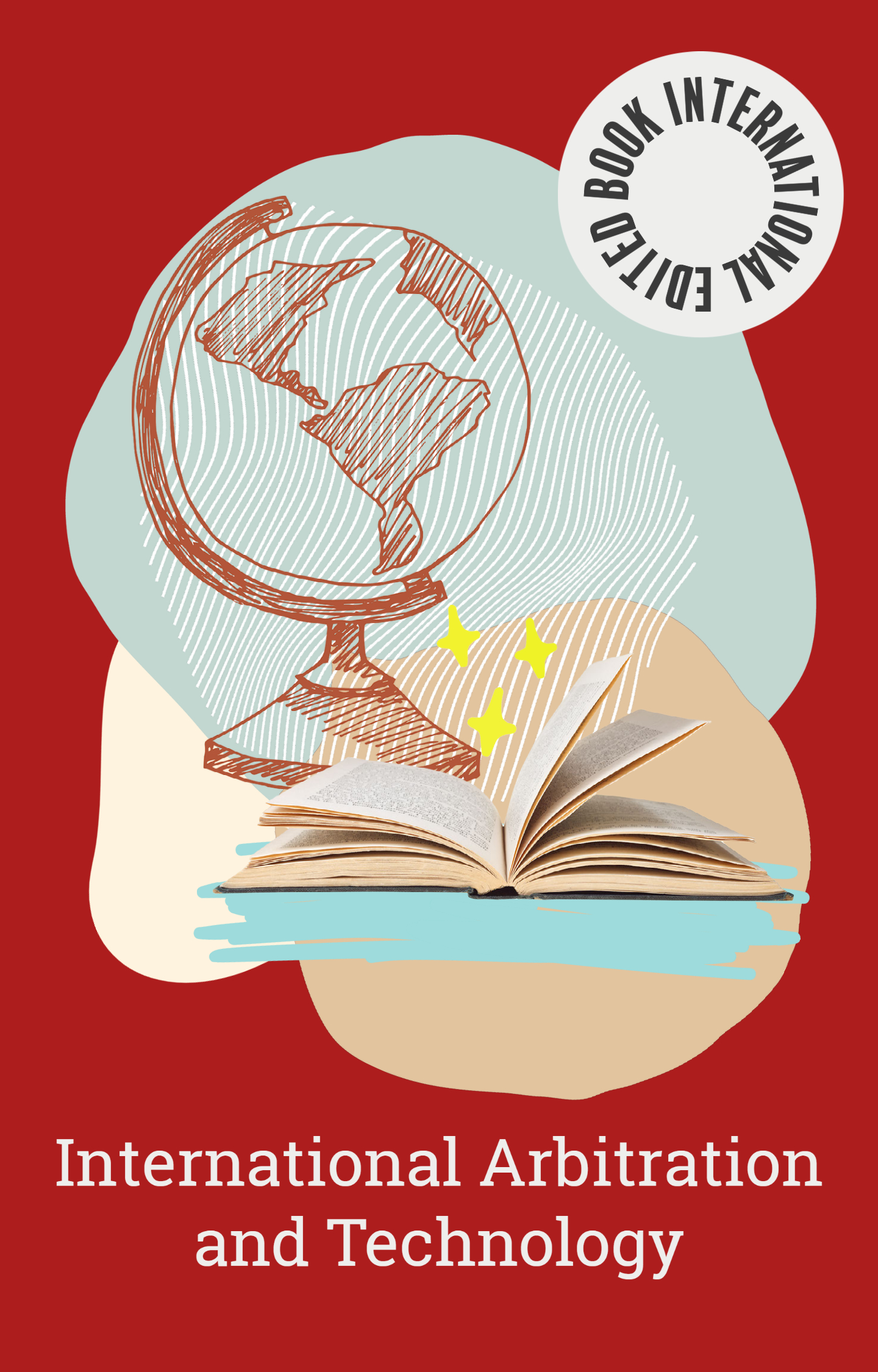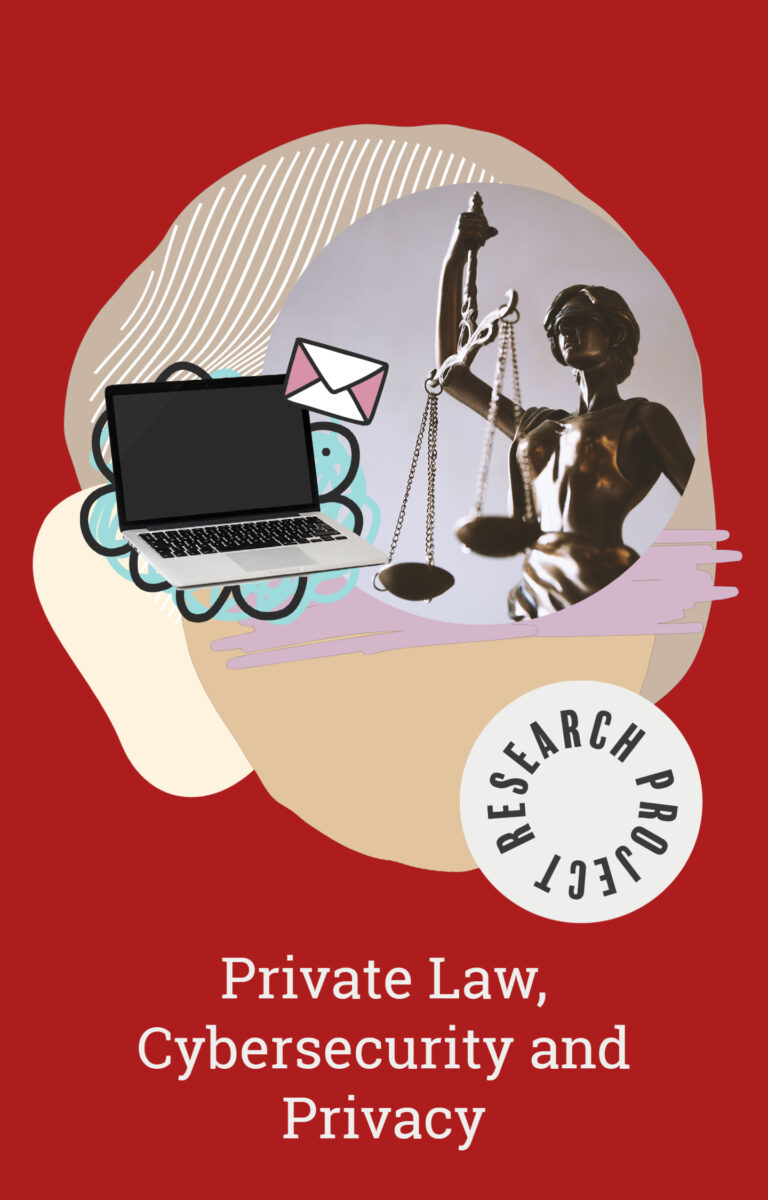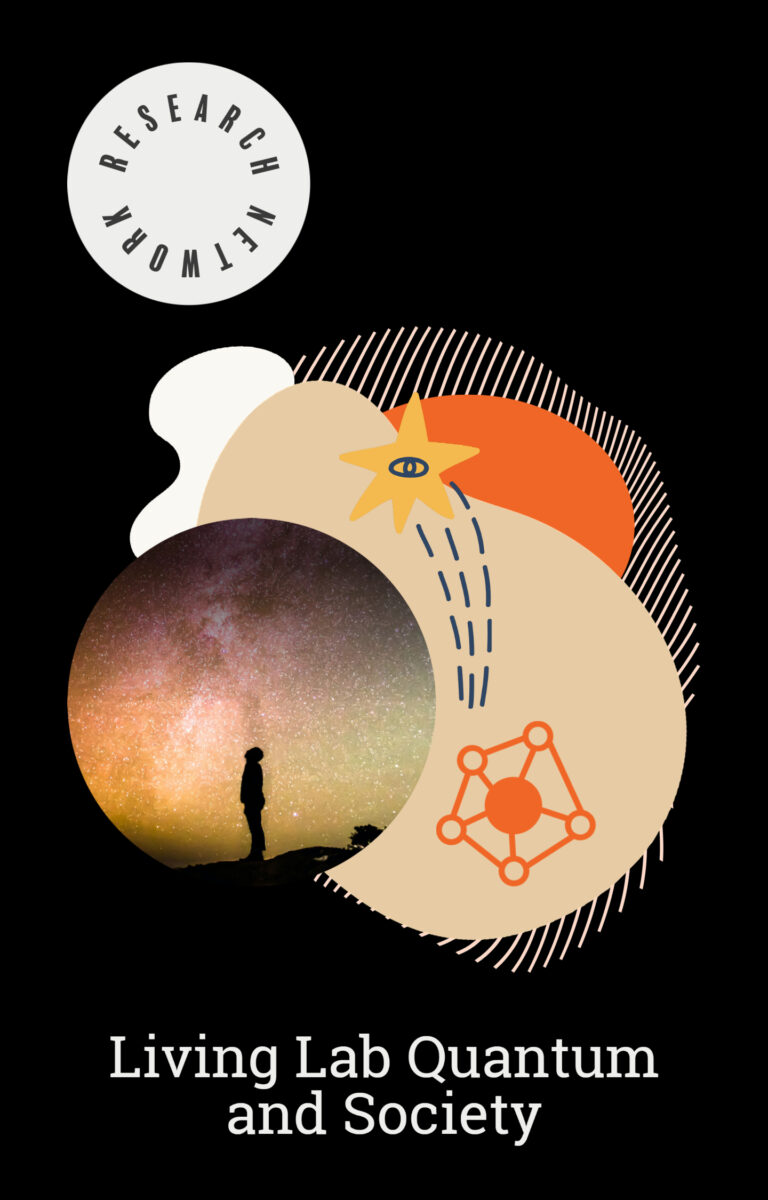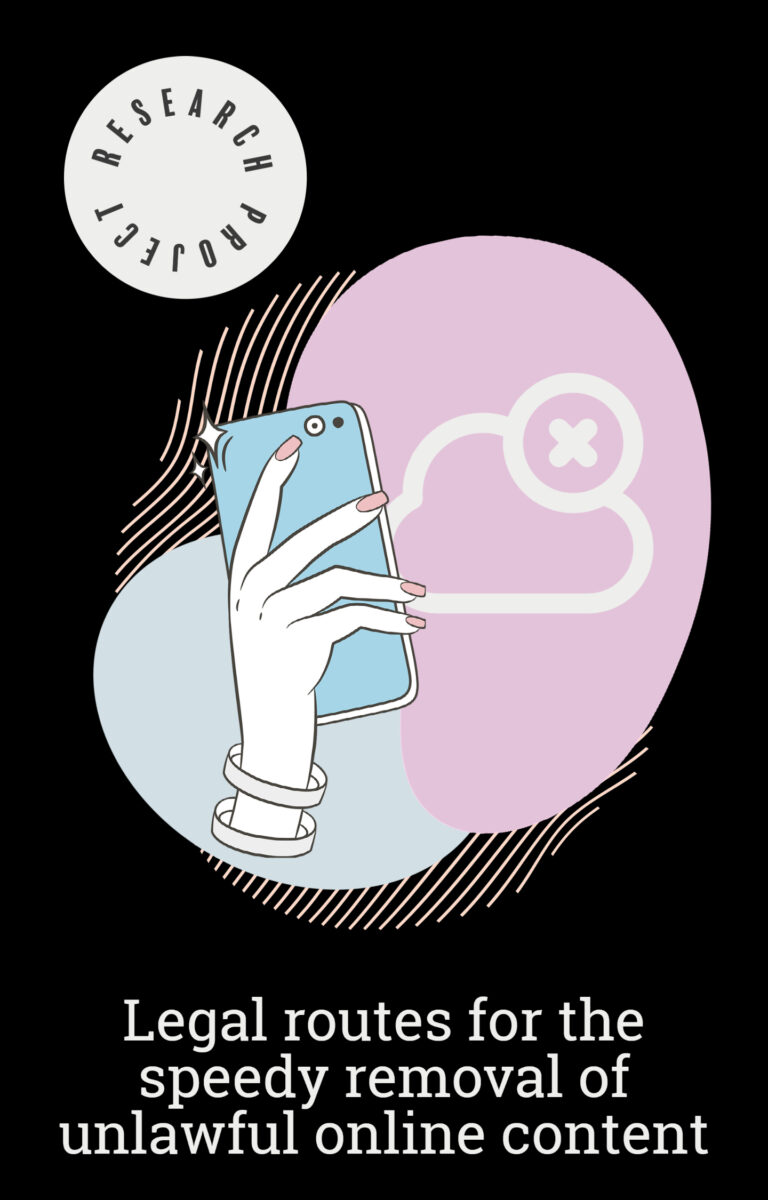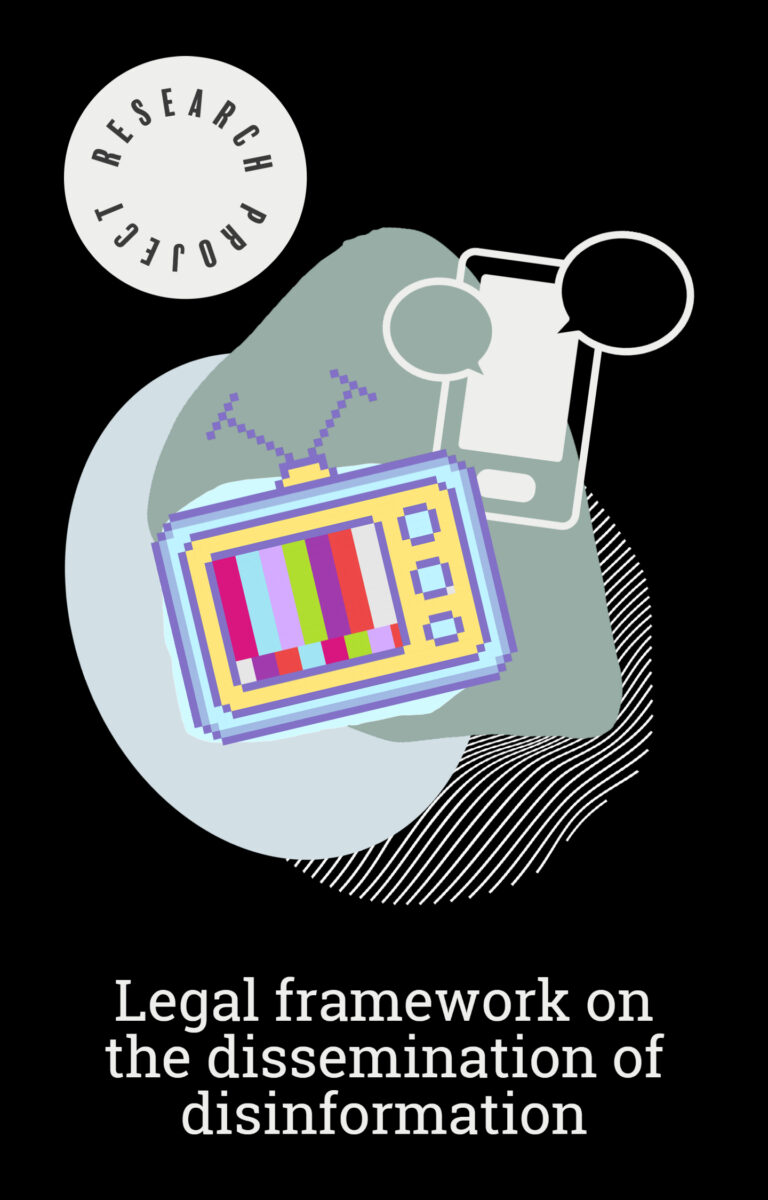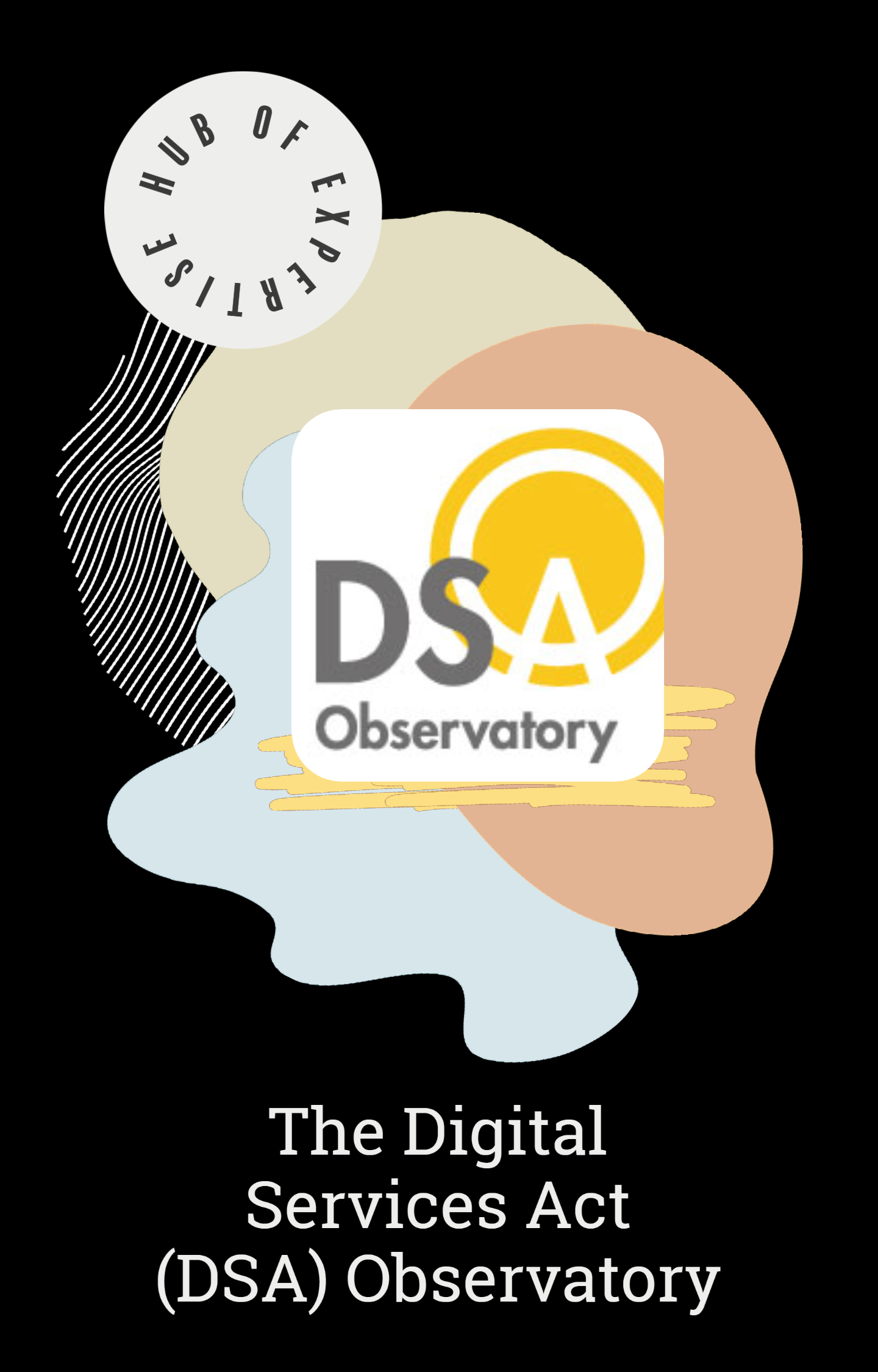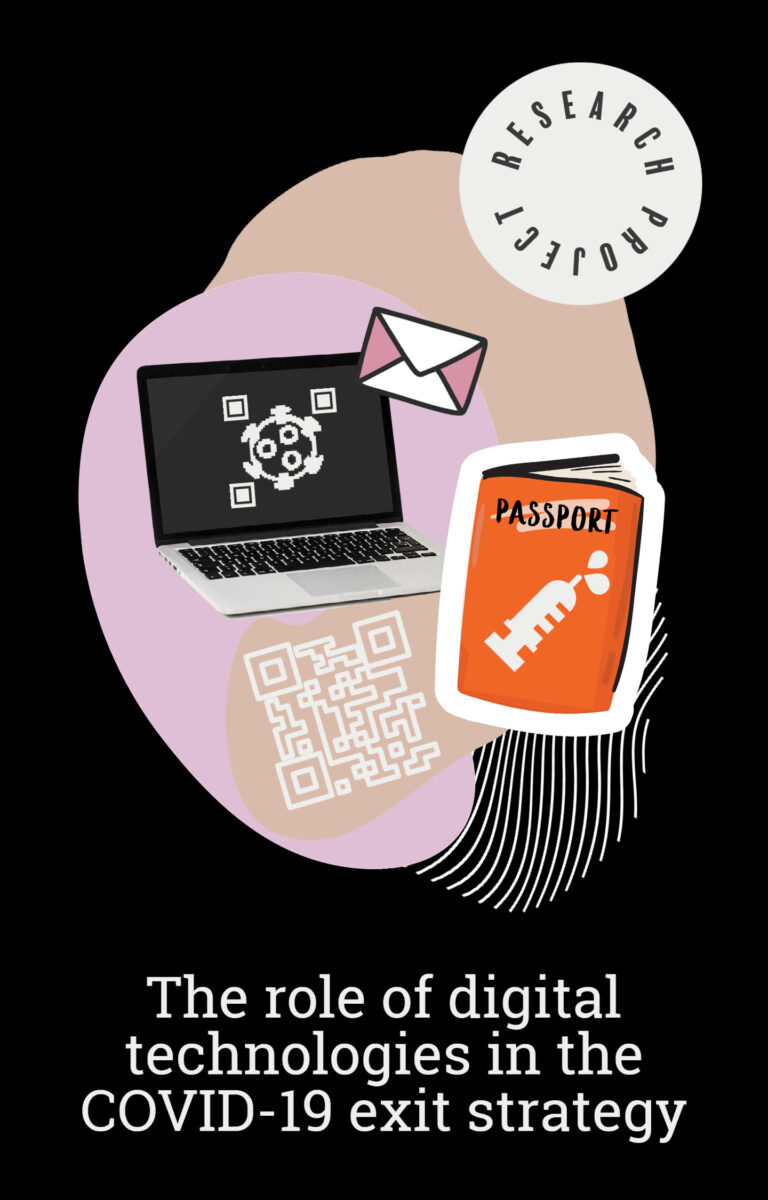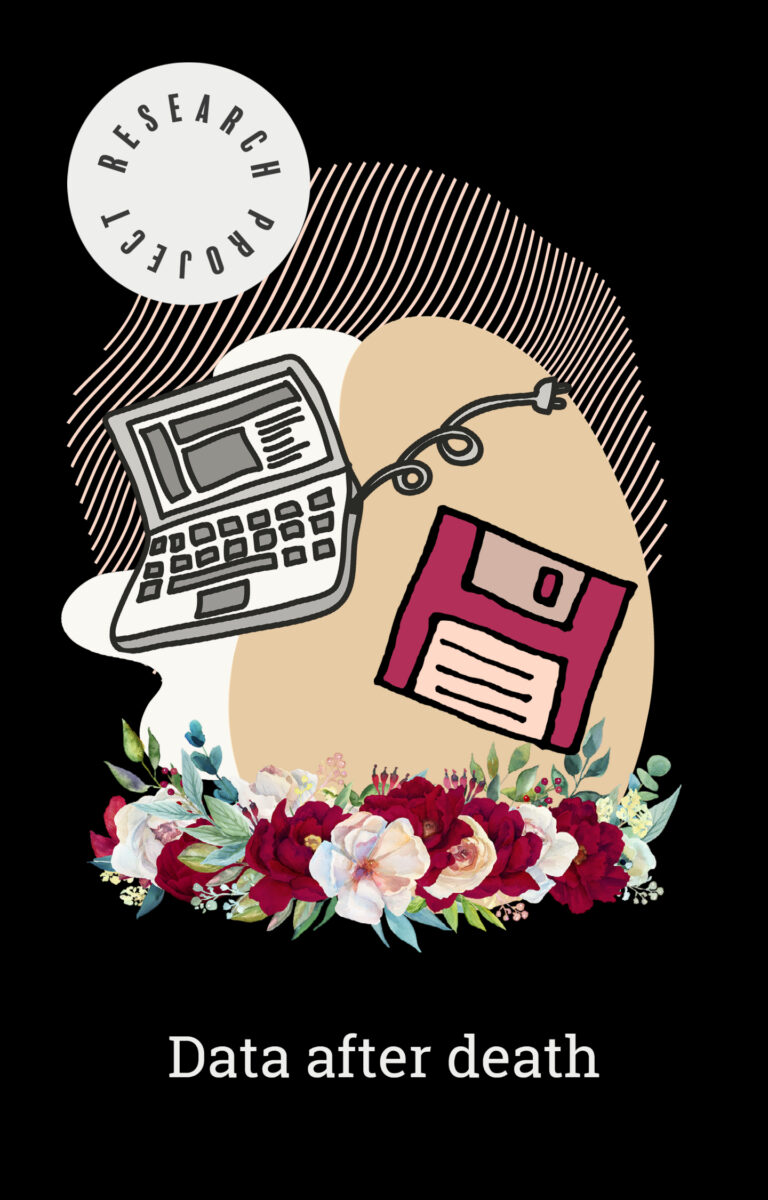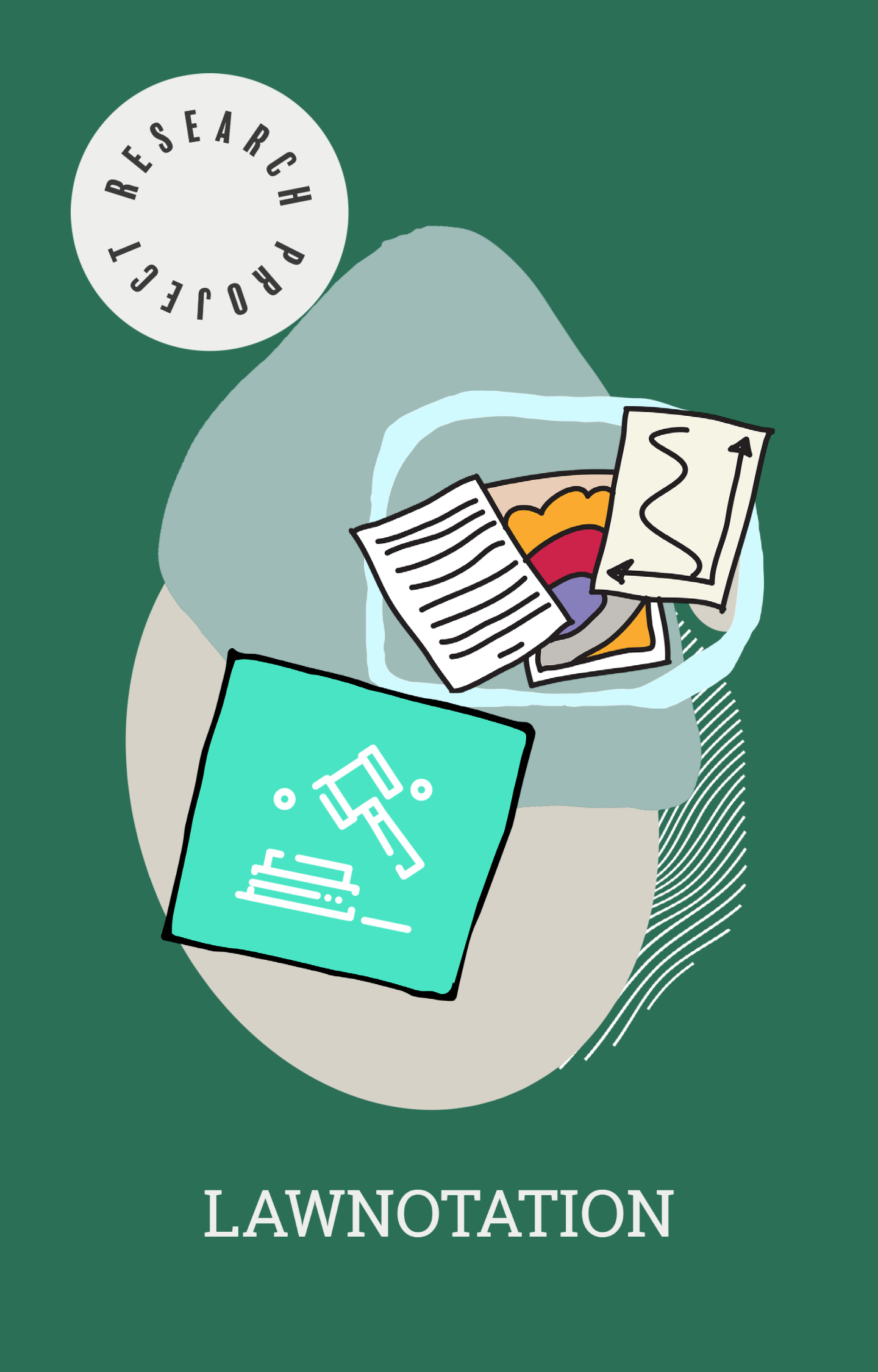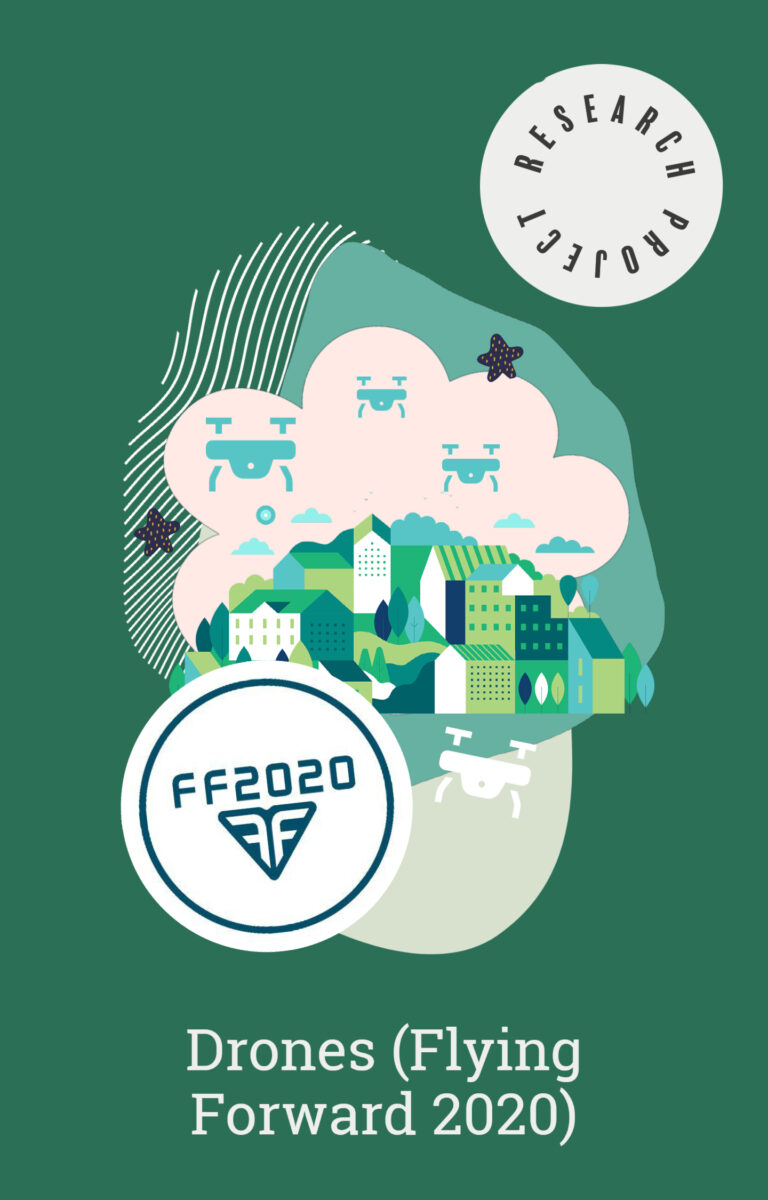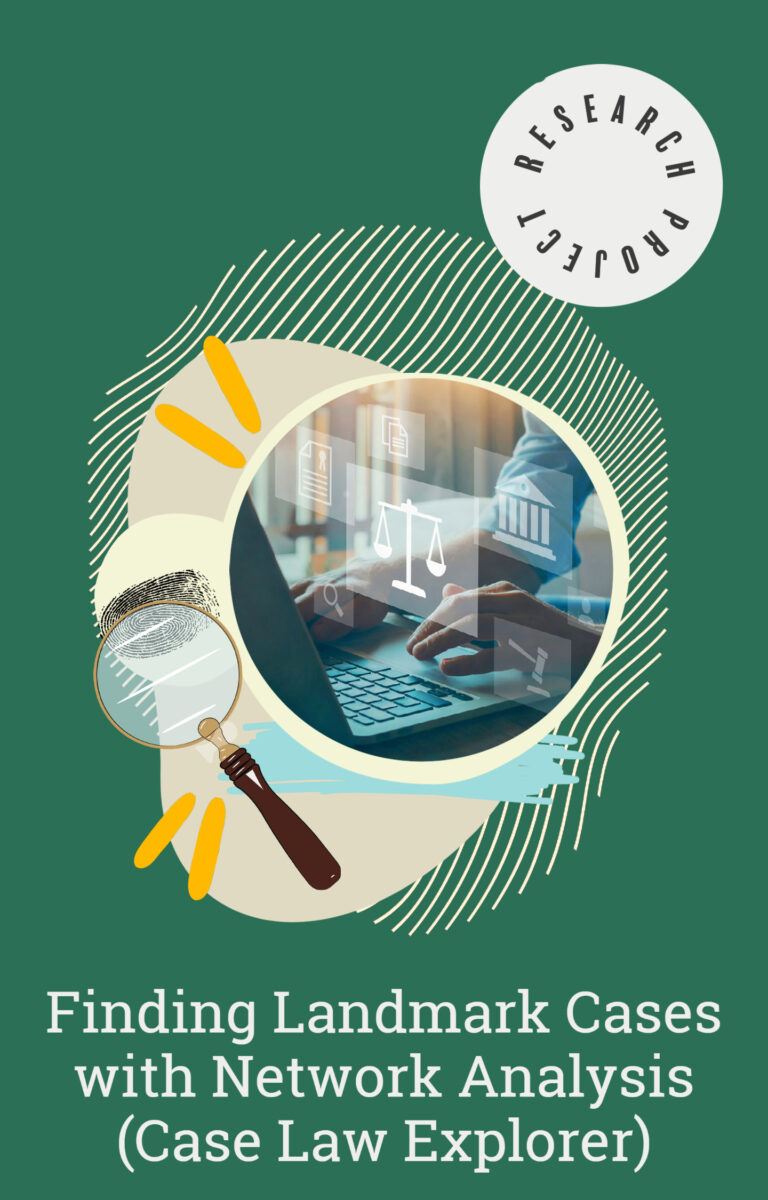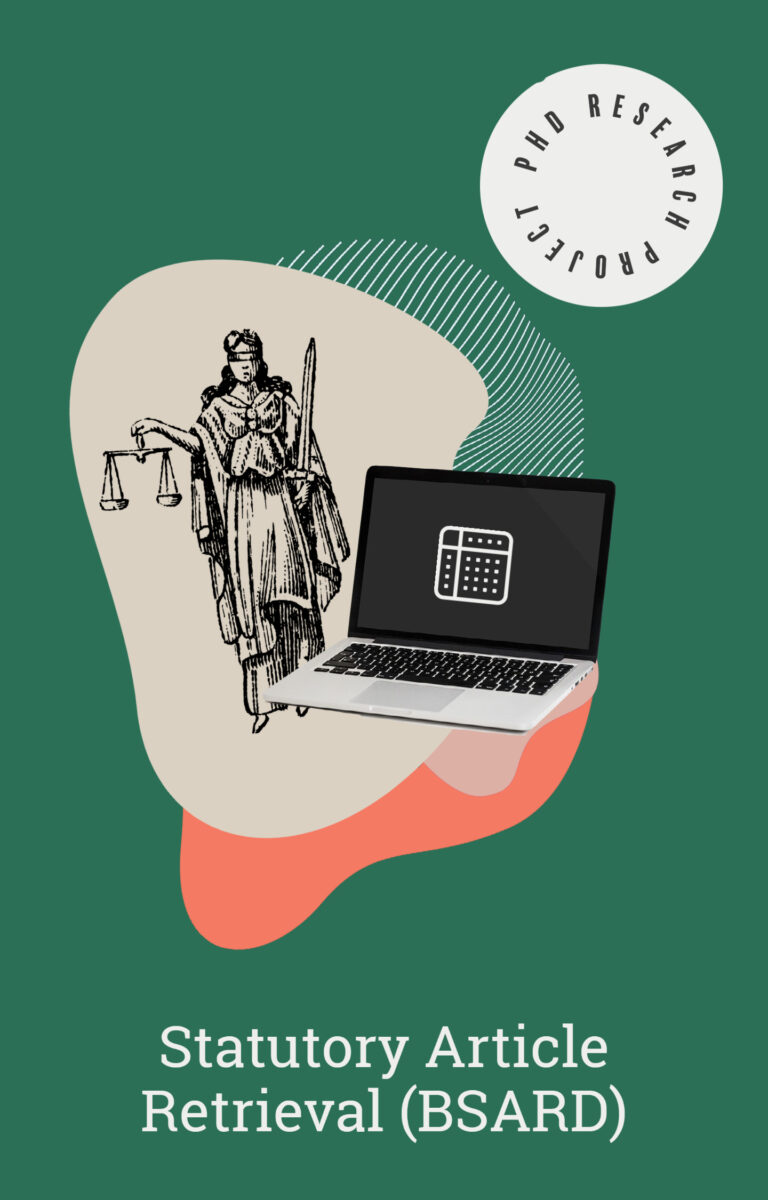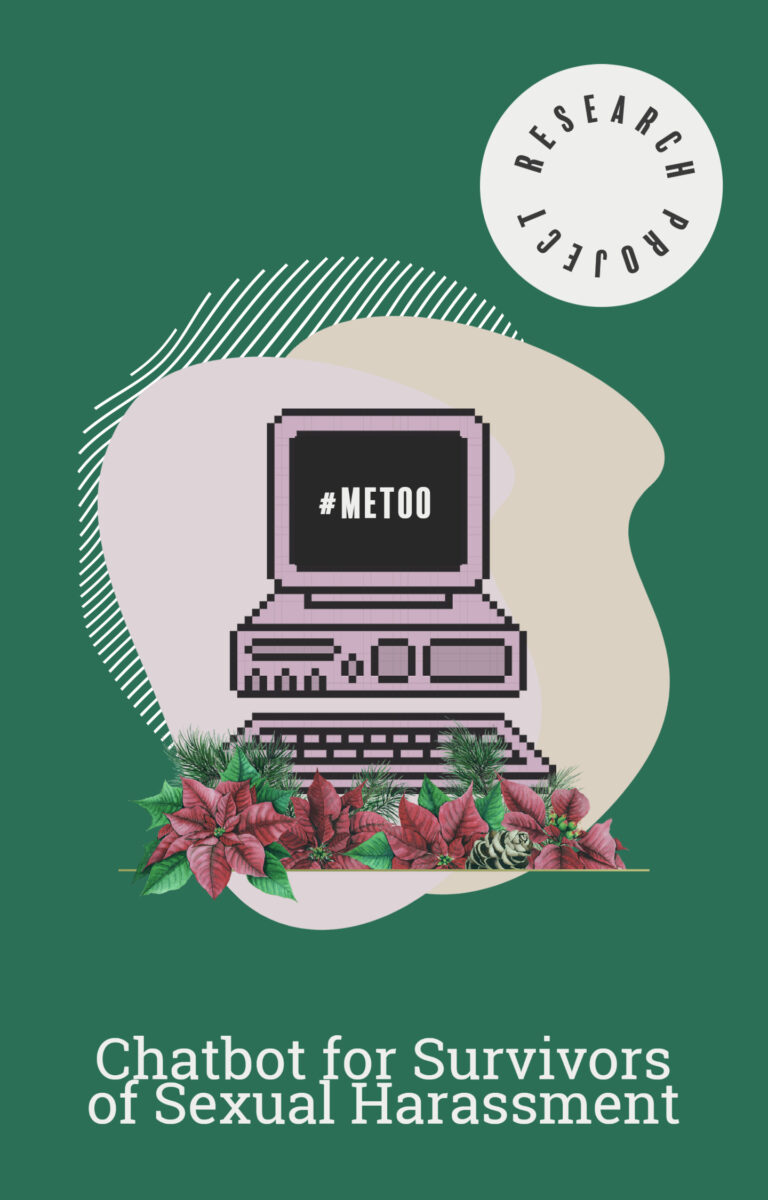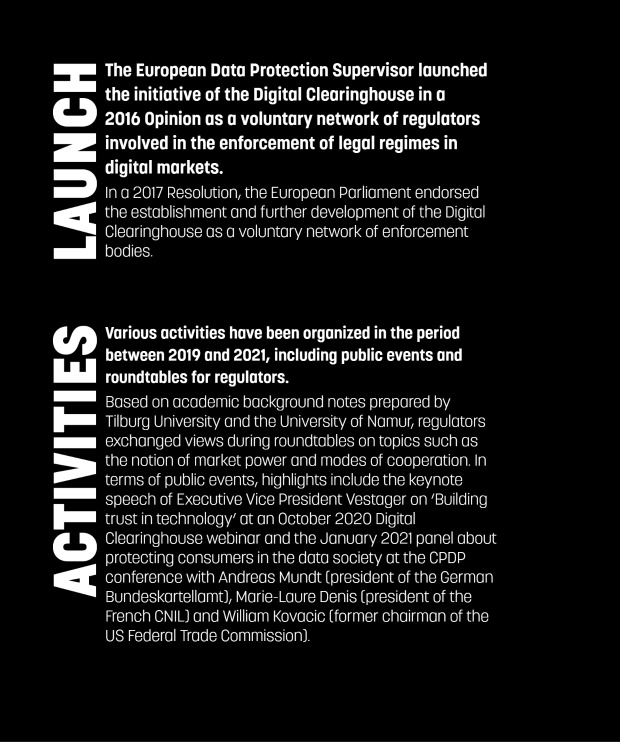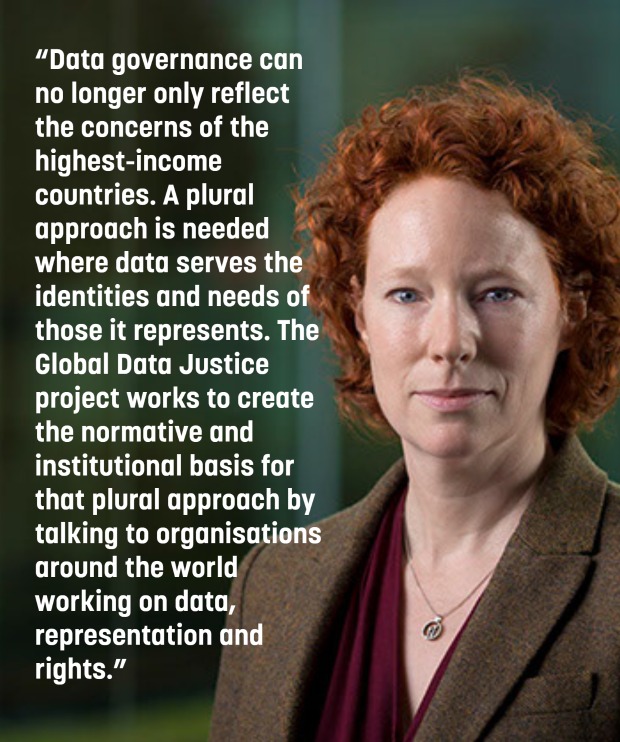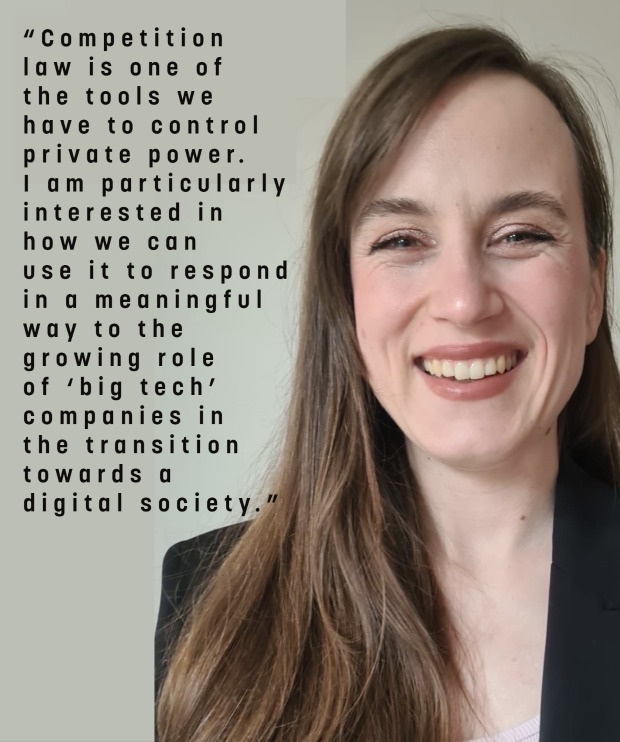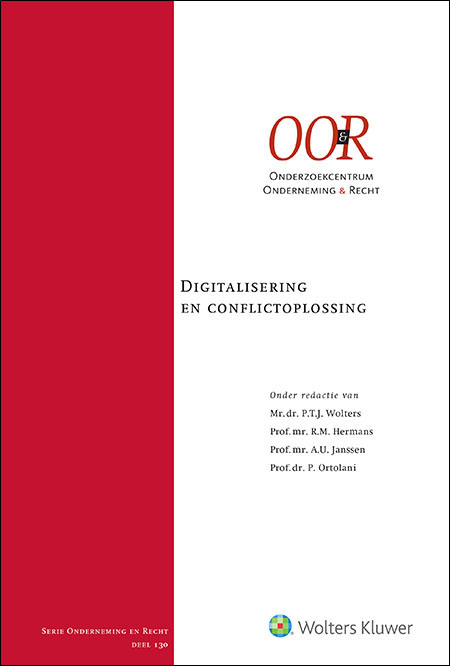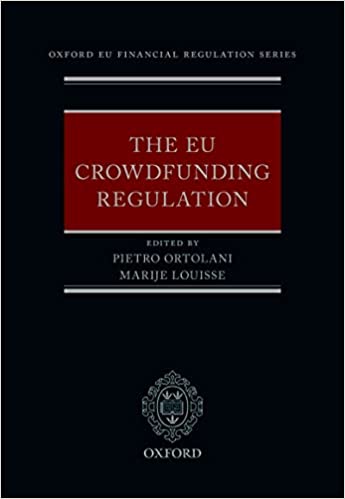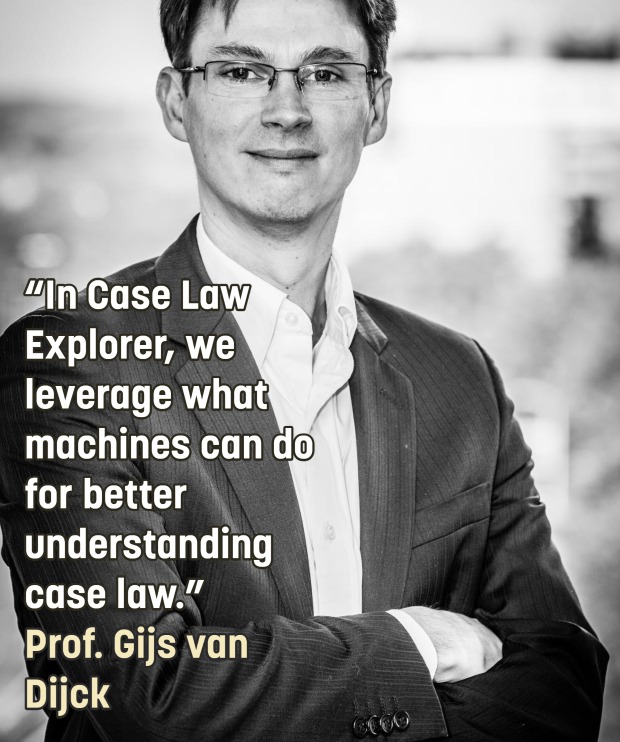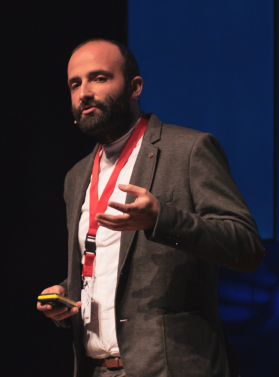our research
Discover what we're working on at the Digital Legal Lab

the power of JOINING FORCES
The Digital Legal Lab is a nation-wide collaboration funded through the Dutch Law Sector Plan (Sectorplan Rechtsgeleerdheid). It brings together four leading scientific institutions across the Netherlands specializing in law & technology, each with their own unique research strengths and expertise. Keep scrolling to find out more about the research at each of our collaboration’s participating partner institutions, and how we aim to bring the field of Digital Legal Studies forward by combining our strengths.
- THE TIU TEAM
- THE TIU TEAM
- THE TIU TEAM
- THE TIU TEAM
- THE TIU TEAM
- THE TIU TEAM
- THE TIU TEAM
- THE TIU TEAM
- THE TIU TEAM
- THE TIU TEAM
- THE TIU TEAM
- THE TIU TEAM
- THE TIU TEAM
- THE TIU TEAM
- THE TIU TEAM
tilburg university
from regulating human behavior to regulating data
The research program of the Digital Legal Lab's spearheading partner institution, Tilburg University, analyses the shift from human-centric regulation to data-centric regulation from a variety of disciplines.
There's a shift in regulatory focus towards data, AI and robotics
The premise of our research program is that regulation has traditionally targeted human behaviour. Legislators and regulators have aimed to achieve policy objectives by influencing the way humans act and how their behaviour impacts others and society. In an era of big data, artificial intelligence and robotics, this classic starting point for regulation no longer holds up. The main focus of regulatory challenges is shifting from steering how humans behave to influencing how data behaves.
It is becoming more important to understand how technologies and data operate by themselves...
…and how they affect individuals, businesses and society, rather than only focusing on how policy objectives can be achieved through influencing human behaviour. On top of this, in a data-driven society, decisions in many areas of our lives are not only based on data but also increasingly automatically enforced through systems built on data that can self-adapt based on previous interactions. This raises questions about how checks and balances can be put in place for governing the way rules and norms are set by these systems.
With our research program, we aim at bringing together different disciplines and inform academic, policy and societal debates about what we want our data-driven society to look like.
We do this in three work streams, each of which have their own overarching research question and sub-questions
HOW CAN RULES BE FORMULATED AND ENFORCED WHEN REGULATION SHIFTS FROM A FOCUS ON HUMAN BEHAVIOR AND HUMAN RELATIONS TO DATA RELATIONS AND THE BEHAVIOR OF DATA SYSTEMS?
➮ How does data-driven decision-making affect the legal system and what legal and social challenges are arising as people interact with data and AI systems within the legal system?
➮ Which rules are appropriate to regulate digital competitive advantage in a data-driven platform economy?
WHICH CONCEPTS CAN BE USED IN REGULATION WHEN REGULATION SHIFTS FROM A FOCUS ON HUMAN BEHAVIOR AND HUMAN RELATIONS TO DATA RELATIONS AND THE BEHAVIOR OF DATA SYSTEMS?
➮ Which concepts are suitable to capture privacy protection in regulation, to adequately protect trust and identity in the context of data-driven technologies?
➮ How can a common understanding of the concept of consent in data protection and in contract law, guide the legitimate processing of personal data and the entering into a contract?
WHICH VALUES ARE VITAL WHEN REGULATION SHIFTS FROM A FOCUS ON HUMAN BEHAVIOR AND HUMAN RELATIONS TO DATA RELATIONS AND THE BEHAVIOR OF DATA SYSTEMS?
➮ What is the role of human autonomy in an era of machine autonomy and data-driven decision-making?
➮ How can economic regulation strengthen the autonomy of individuals and businesses vis-à-vis digital giants in a data-driven society?
- THE RADBOUD TEAM
- THE RADBOUD TEAM
- THE RADBOUD TEAM
- THE RADBOUD TEAM
- THE RADBOUD TEAM
- THE RADBOUD TEAM
- THE RADBOUD TEAM
- THE RADBOUD TEAM
- THE RADBOUD TEAM
- THE RADBOUD TEAM
- THE RADBOUD TEAM
- THE RADBOUD TEAM
- THE RADBOUD TEAM
- THE RADBOUD TEAM
radboud university
Radboud University focuses on Digital Dispute Resolution
Digitalization creates new opportunities
to resolve conflicts
An old-fashioned courthouse, counsel wearing robes, judges sitting on the bench and having paper files in front of them—this is the traditional image of how lawyers resolve disputes. Technology, however, is quickly dismantling the stereotype: court procedures are increasingly digital, and a range of online dispute resolution procedures is rapidly emerging. Conflict resolution is affected, transformed, and sometimes disrupted by technology. The researchers of Radboud University explore these crucial changes.
Courts are increasingly digital
The COVID-19 pandemic has acted as a catalyst for the digitalization of courts. Online hearings via video-conference have become the norm in multiple legal systems around the world. This trend is likely to continue in the future, as new technological tools make their way into everyday life of lawyers, judges, and citizens. How does this shift affect the administration of justice? How can we ensure that courts deliver justice in the digital age? And how can we ensure that the legal professions are ready to address these challenges? Through their work, the researchers of Radboud University want to answer these questions.
…and outside of courts, digitalization is
transforming the way we handle disputes
Out-of-court dispute resolution is quickly becoming digital. Procedures such as arbitration and mediation, which are routinely used to resolve conflicts outside of court, increasingly rely on technology. In addition, with the rise of the platform economy, new paradigms of online dispute resolution emerge. E-commerce platforms handle an ever-growing volume of small claims, acting as de facto consumer courts of the internet. Similarly, social media platforms make delicate decisions on content moderation, balancing freedom of expression against other fundamental rights. How do these developments affect us, and our rights? How can we ensure that our rights are adequately protected in this new world of digital conflict resolution? The research conducted at Radboud University focuses on these key issues.
Technology changes the way we enforce the law
Digitalization creates new opportunities to evade rules and violate rights. The Internet, for example, is frequently used for the collection and exchange of personal data and copyrighted works. As a result, cyberspace may come across as a ‘grey area’, where violations of the law remain invisible and anonymous. These risks must be addressed. Weaker parties, such as consumers or retail investors, must be adequately protected in the digital realm. To this end, we must find effective ways to enforce the law in the digital age. The research conducted at Radboud University explores new ways to ensure adequate law enforcement.
…and it generates a new need for reliability
of digital data
Digital data play an important role in legal practice. However, data are not always reliable. They can be altered or forged (for instance, using deepfake technology). This unreliability complicates conflict resolution and law enforcement. How should digital evidence be evaluated by a judge or arbitrator? What are the legal requirements for the reliability of data that is used in a legally relevant way? The research conducted at Radboud University addresses these questions.
- THE UVA TEAM
- THE UVA TEAM
- THE UVA TEAM
- THE UVA TEAM
- THE UVA TEAM
- THE UVA TEAM
- THE UVA TEAM
- THE UVA TEAM
- THE UVA TEAM
- THE UVA TEAM
- THE UVA TEAM
- THE UVA TEAM
- THE UVA TEAM
- THE UVA TEAM
university of amsterdam
the University of amsterdam focuses on
the Digital Transformation of Decision-Making
At the University of Amsterdam, Digital Legal Lab researchers focus on the Digital Transformation of Decision-Making (DTDM). This refers to the way in which algorithms, data, and artificial intelligence (AI) affect markets and society, changing democratic processes, commercial value chains, public administration, and how public values are being realized – or challenged. We will focus on automated decision-making (ADM) systems, which are set to replace human decision makers in a range of areas, from justice, to media, commerce, health and labor. ADM shifts decision-making power and infrastructure to entities that produce, collect and aggregate data, build models and optimize algorithms. This creates new dependencies on (commercial) technology companies that harbor the unique expertise, innovation and control over data needed for ADM, and new challenges for the governance of decision-making.
From human to automated decision-making
The overarching research question for the DTDM research initiative is: What are the normative implications of the shift from human to automated decision-making, focusing particularly on the role of platforms and data as key actors and commodity in this process?
Questions the initiative seeks to address include...
➮ How can public values and fundamental freedoms be reinterpreted and formalized into algorithmic design?
➮ How is automation affecting the way public values and fundamental rights are conceptualized and safeguarded in practice?
➮ How is law furthering the concept and power of online platforms, shaping the future trajectory of platform ordering in our societies?
➮ How should law respond to ADM in the context of platform ordering in order to safeguard democratic values, the rule of law, and fundamental rights?
➮ How should law, and regulatory frameworks for online platforms in particular, deal with the emergence of platforms as private transnational regulatory agents?
➮ What mechanisms, rights and/or duties are suitable to ensure access to platform data for public interest objectives?
➮ What access to platform data is needed and appropriate to ensure platform accountability and regulatory oversight?
- THE UM TEAM
- THE UM TEAM
- THE UM TEAM
- THE UM TEAM
- THE UM TEAM
- THE UM TEAM
- THE UM TEAM
- THE UM TEAM
- THE UM TEAM
- THE UM TEAM
- THE UM TEAM
- THE UM TEAM
- THE UM TEAM
- THE UM TEAM
- THE UM TEAM
AI & Data Science for Law
The legal system is a complex adaptive system of hundreds of thousands of interrelated legal documents such as legal acts, decrees, legislative memoranda, and court decisions. Legal research traditionally relies on human analysis of this legal information. Humans, however, cannot manually analyse big legal data. This creates barriers to access to law and justice: the high complexity of the legal system makes it difficult to understand the rights it grants and the obligations it imposes upon people.
Modelling legal complexity
Like in physics and bioinformatics, modelling big legal data using computational techniques and quantitative methods can provide an innovative understanding of legal complexity. For example by revealing new insights regarding what predicts the duration of legal procedures, the costs of cases, or what are landmark cases and how the importance of landmark cases increases or decreases over time. These models could, for example, be used to measure integration of European legal orders by quantitatively investigating how case law of the Court of Justice of the European Union is received in the case law of the various Member States. We construct descriptive and predictive models of the law with data science and artificial intelligence.
Open research data
The Maastricht Law and Tech Lab produces open research data that is available to others. Examples of datasets are:
» Case Law Explorer. In the Case Law Explorer project, we are developing an API that allows fetching metadata, full-texts, and network statistics for Dutch and European case law. The extraction process is explained on the Maastricht Law & Tech Lab GitHub ETL page.
» BSARD. This repository contains the Belgian Statutory Article Retrieval Dataset (BSARD) (in French), as well as the code to reproduce the experimental results from the associated paper by Antoine Louis, Jerry Spanakis, and Gijs van Dijck. Statutory article retrieval is the task of automatically retrieving law articles relevant to a legal question. While recent advances in natural language processing have sparked considerable interest in many legal tasks, statutory article retrieval remains primarily untouched due to the scarcity of large-scale and high-quality annotated datasets. To address this bottleneck, we introduce BSARD, which consists of 1,100+ French native legal questions labeled by experienced jurists with relevant articles from a corpus of 22,600+ Belgian law articles. Detailed documentation on the dataset and how to reproduce the main experimental results can be found on the Maastricht Law & Tech Lab GitHub BSARD page.
